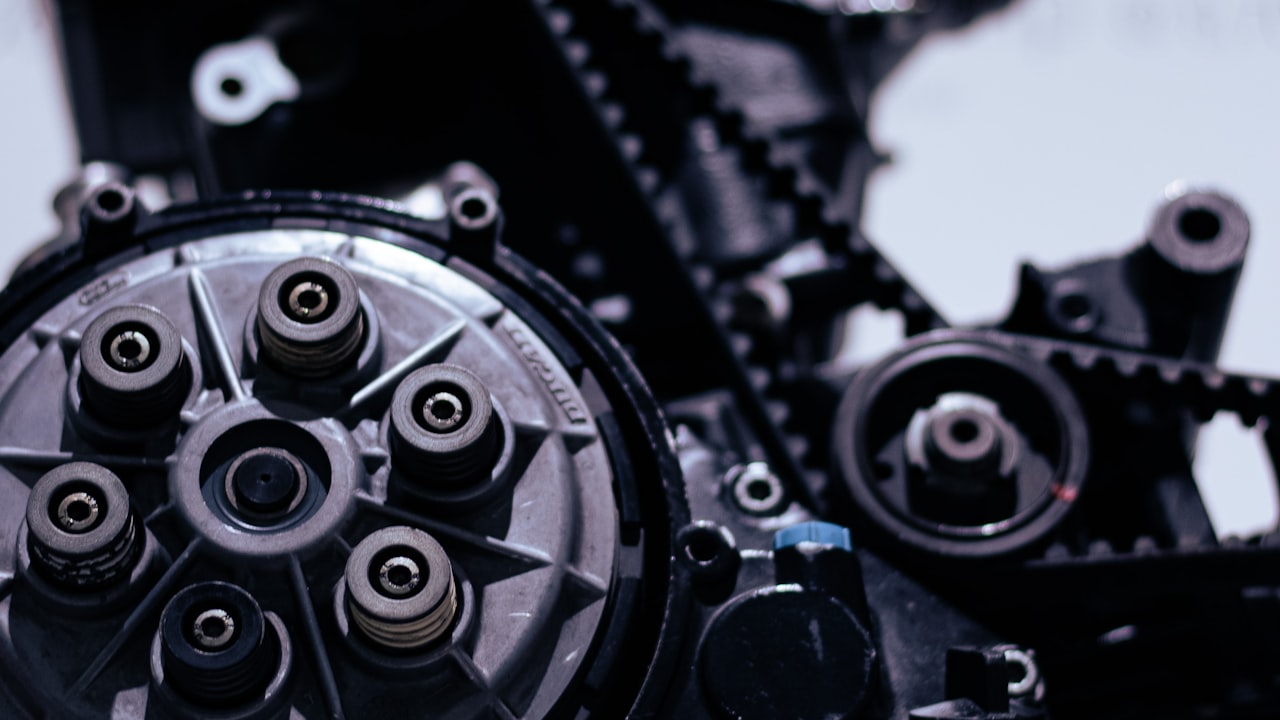While pressure washers are the most effective tool for hectic cleaning jobs, most people skip over them to save money. However, some tasks like cleaning sidewalks, gutters, sidings, and other hard surfaces require pressure washers for efficiency. Additionally, some people believe that pressure washers are complex. However, the machines are not as complex as assumed. They are easy to use and do not have too many complex components. The primary components of a pressure washer are; the engine, pump, inlet, pressure hose, nozzle, and gun. This post discusses the basics of a power washer engine.
What is the role of a power washer engine?
The engine, also known as the motor, is the component responsible for the overall functioning of a pressure washer. In simpler terms, it is the running mechanism for a power washer.
The engine usually powers the water pump, the impeller, to draw in water and detergent and mix them. The rest of the processes are determined by the pressure design. However, the process usually starts with the engine.
What should you know about a power washer engine?
Pressure washer engines are built to provide users with the most Pressure per Square Inch. PSI is the amount of pressure at which the water sprays out of the machine. Additionally, they are made for large secluded applications. This means that the type of pressure washer engine will determine where and how the machine is used. For instance, an electric engine means that the machine cannot be used as a portable cleaning mechanism.
The engine also affects the overall design of the pressure washer. For instance, the machine’s other components are usually chosen and designed to fit the engine. Naturally, this is done to ensure the machine’s safety and its users. However, users do not have to worry about this because it is the manufacturers’ job. Regardless, this information is essential, especially when you want to repair or replace your machine’s components.
The motor usually determines whether or not a machine runs quietly or is noisy. For instance, gas power washers are typically louder and noisier than electric pressure cleaners. This is because gas power washer engines are usually uncovered to allow for gas output as they run. On the other hand, electric power washer engines are usually covered. This muffles the sound from the engine.
Types of power washer engines
In addition to the facts above, below are some of the primary types of power washer engines;
- Gas
- Diesel
- Electric
- Hydraulic
Note:
The types of power washer engines differ according to their driving mechanism. When determining the ideal engine for a pressure washer, manufacturers often consider the type of machine and its applications. For smaller applications, hydraulic or electric power washers are ideal. On the other hand, gas pressure washers are the go-to solution for more complex applications.
Conclusion
While pressure washers are powerful cleaning machines, they are not miracle workers. They cannot handle oils, fats, and some protein-based stains. When you encounter such situations, you can achieve effective results by adding binding agents and detergents to the pressure washer. Heating the water and adding chemicals also helps.


